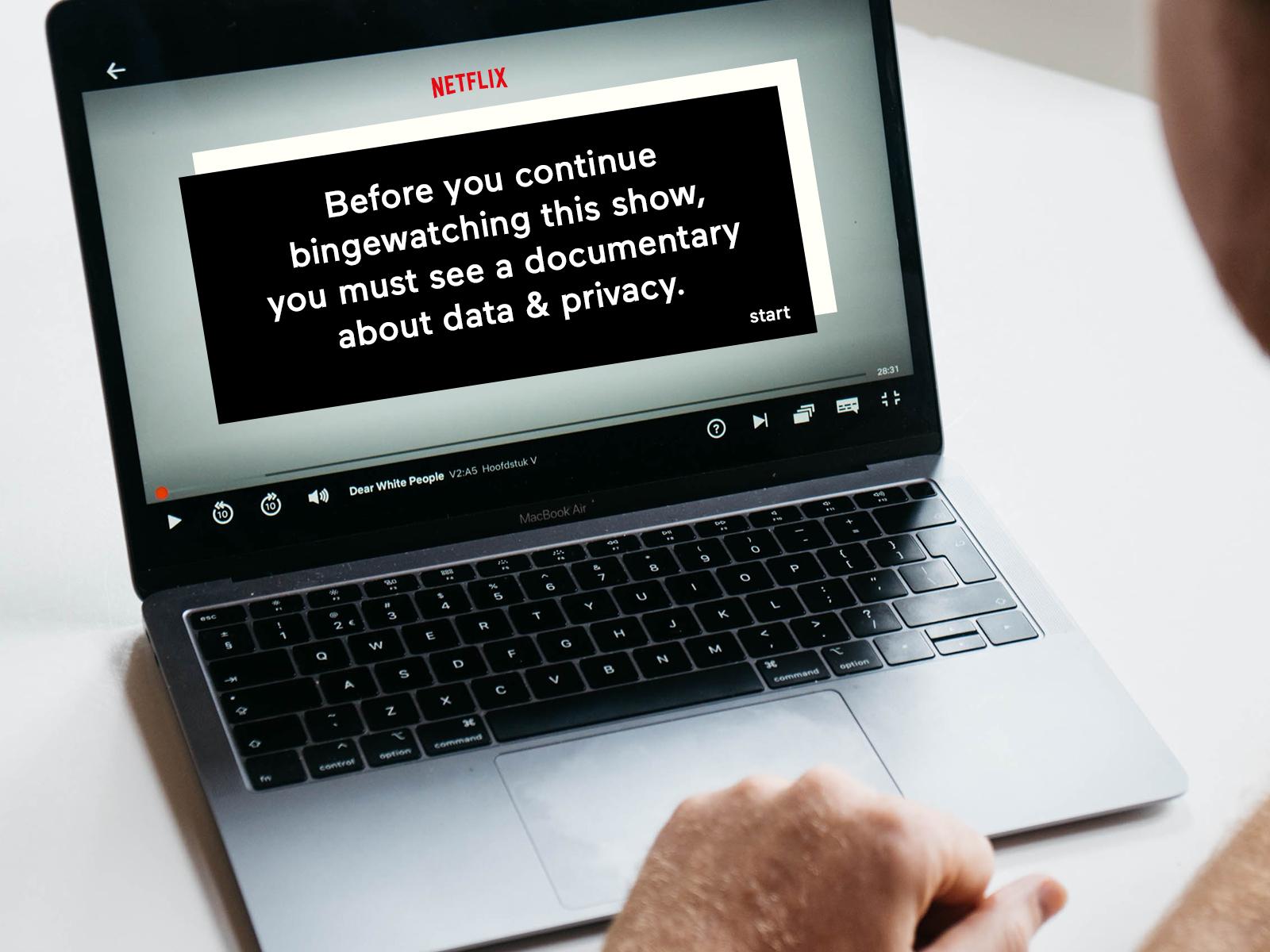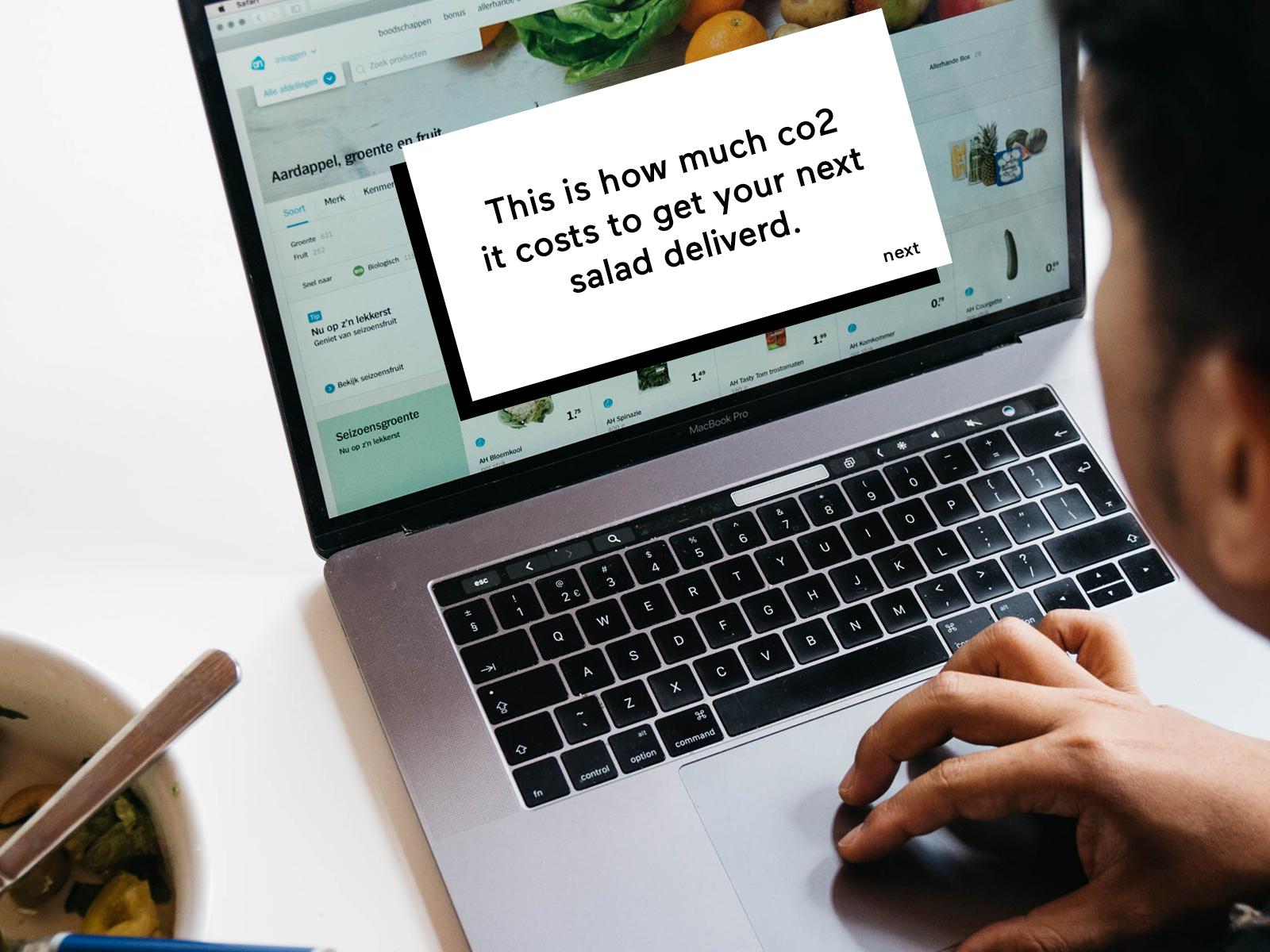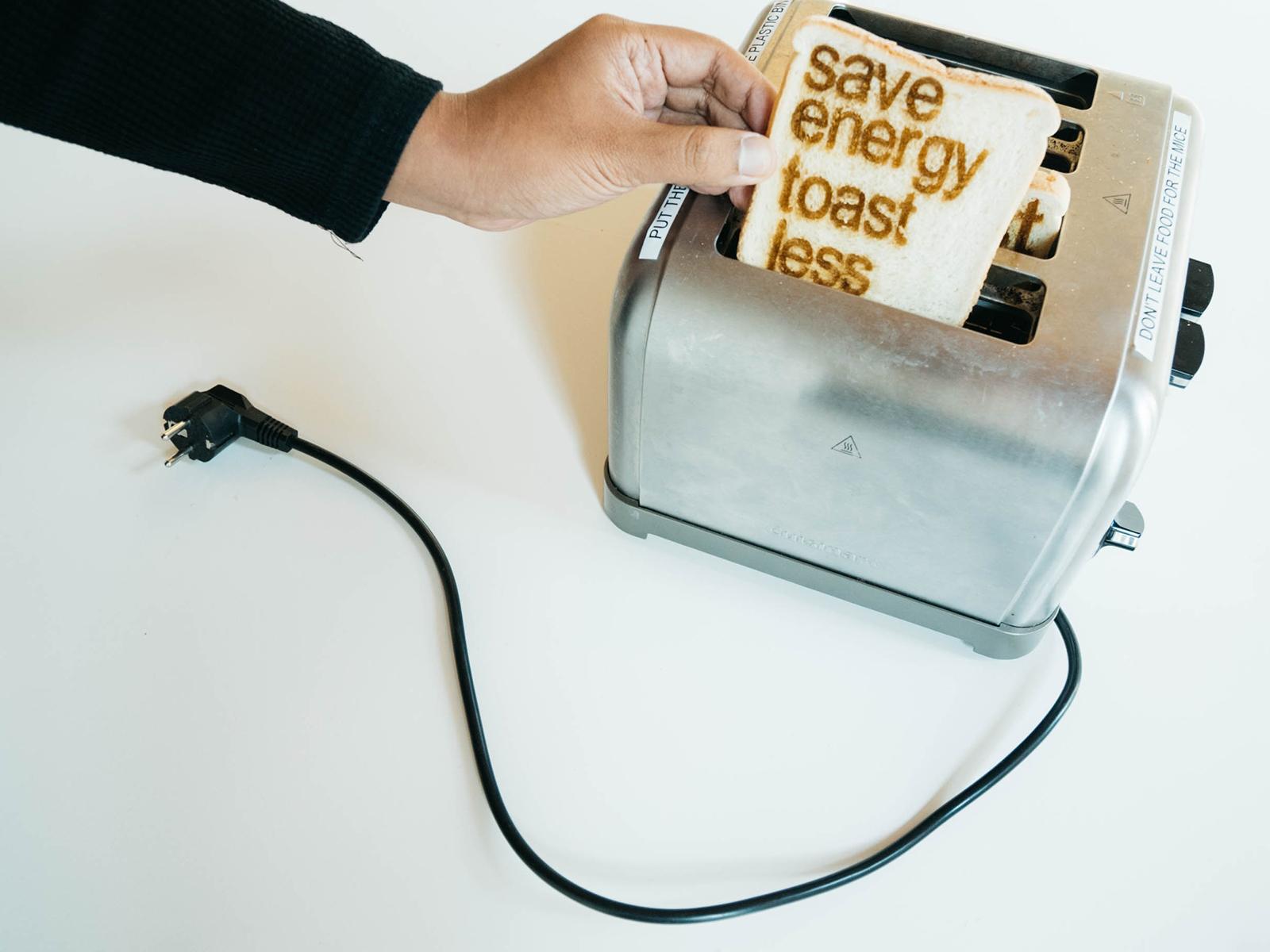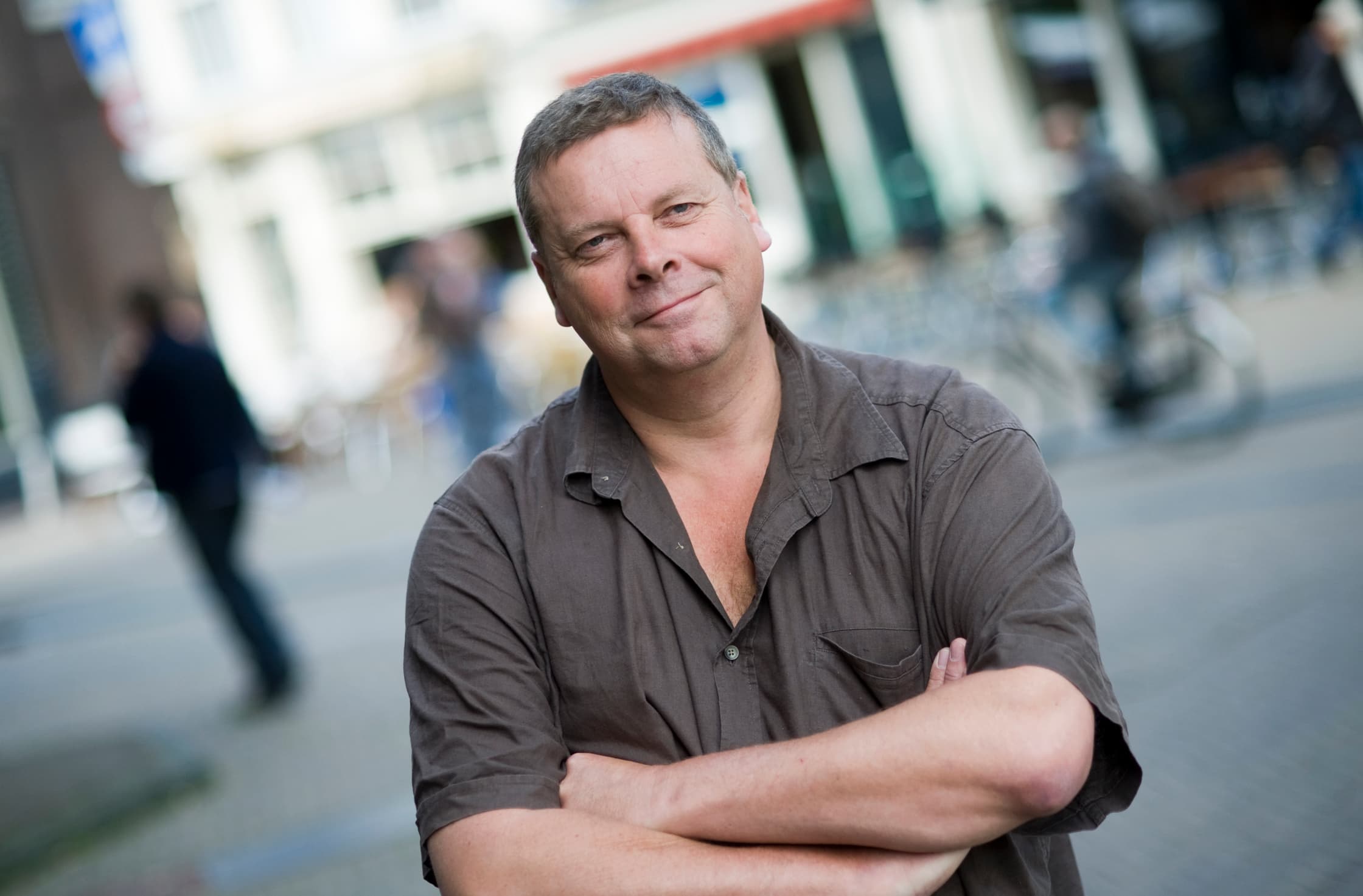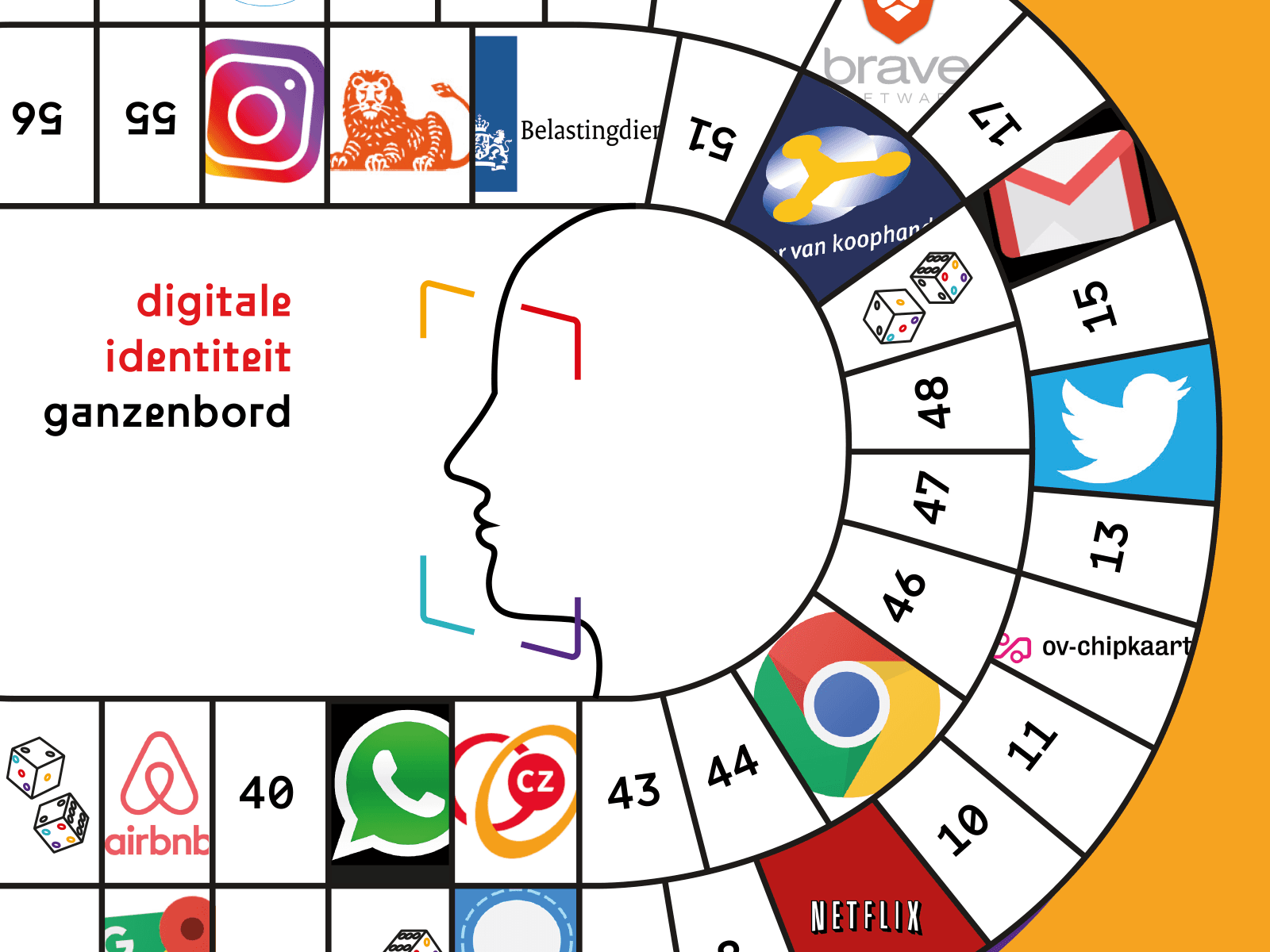A streaming service that stops in the middle of the film to explain the privacy conditions extensively. A toaster that only toasts half of your bread if you consume too much electricity in your home. A platform that collects and combines social media updates to determine when you are not at home, and therefore vulnerable to a burglary.
How can you, as a designer, build and express friction into your product, so that the user is helped to critically reflect on technology and possibly even link actions to it? Such design principles are expressed in adversarial and reflective design.
During this meetup, in collaboration with Hackers & Designers and SURF, we explore the potential of adversarial and reflective design as a means to create awareness about ethical dilemmas surrounding digital technology and privacy. You do not need a background in design or technology to participate in the workshop.
Tickets cost 5 euro (including a drink)
This event is in Dutch, unless there are many English speakers in the audience.
Programme
- 20:00 Introduction Gijs Boerwinkel (DECODE & Waag)
- 20:05 Arnout Terpstra, PhD researcher at Tilburg University and product manager at SURF, examines the potential of adversarial design for privacy.
- 20:20 Anja Groten, Hackers & Designers, discusses the notion of friction as a method to critically reflect on collective design processes.
- 20:35 Mini-design challenge: think of an intervention that provides friction, reflection and more control for the user (focus: privacy and personal data online)
- 21:30 Presentations and reflection on the concepts
- 22:00 Closing
Background
The guideline for many design issues is user-friendliness. Modern design is often conceived in such a way that it has to merge into the background ('Good design is the least possible design'). One tick at the terms of use is often enough. Adversarial design deliberately reveals a strong and often controversial position. It provokes thoughts, reactions and controversies.
DECODE
The evening is organizes in the context of the DECODE project, focused on decentralised alternatives to current internet applications. The project has been running for 2 years. Information systems have been developed and pilots have been done in Amsterdam and Barcelona. The mission is to subject current internet systems that have negative consequences for freedom, privacy and (digital) civil rights to critical reflection and to offer alternative solutions to users, developers and policymakers.
Gijs Boerwinkel
Gijs Boerwinkel is head of communications at Waag and among others involved in projects concerning digital identity and privacy. For example, he worked on the Digital ID Lab in which citizens, policy makers and hackers were involved in investigating new forms of digital identity.
Arnout Terpstra
Arnout Terpstra is a PhD researcher in which he explores a design-for-privacy model that introduces friction as a central design concept. This concept must stimulate reflective thinking and thereby stimulate the privacy debate. Arnout also works as a product manager at SURF.
Anja Groten
Anja Groten is a designer and researcher. She is director of the Design department at the Sandberg Institute, co-founder of Hackers & Designers and PhD researcher in the context of PhDArts and the "Bridging Art, Design and Technology through Critical Making" consortium.
Examples of Adversarial Design
Please Rob Me was a platform on which Twitter and location data were used to show when a person is not at home, and therefore burglary was possible. The purpose was precisely to make clear the danger of sharing a lot of information. The platform received a lot of attention, among others on The Next Web.
OpenBook was a search engine that could search all "public" posts on Facebook, with the aim of creating awareness about the complexity of the company's privacy conditions. According to OpenBook, people are sharing much more than they actually want without knowing it.
This project has received funding from the European Union’s Horizon 2020 research and innovation programme under grant agreement No. 732546.
